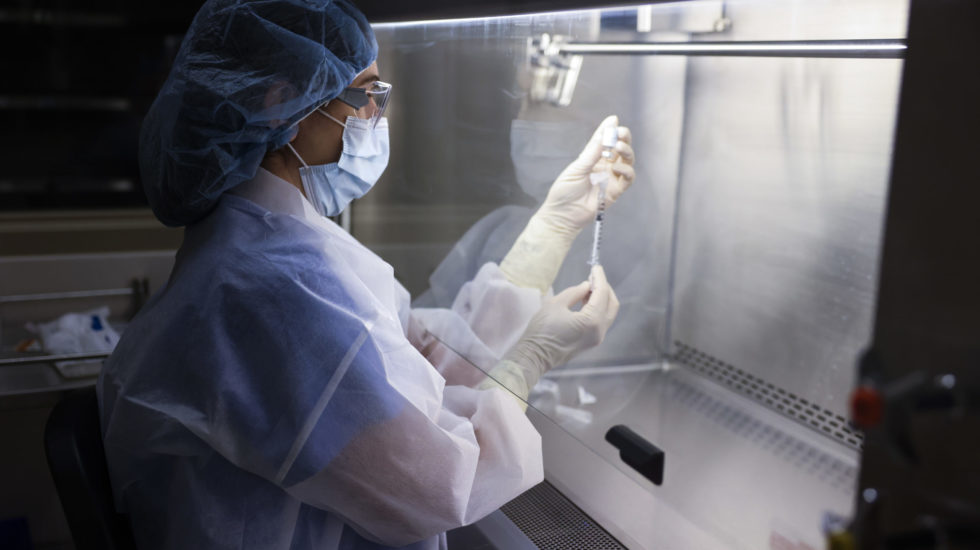The news that two federal agencies have suggested a pause on the use of the Johnson and Johnson Covid-19 vaccine because of a one-in-a-million side effect requires context.
Let’s look at the numbers.
More than 6.8 million Americans have received a dose of the single-shot Johnson & Johnson vaccine. Only six of those people – all women – have experienced a rare disorder involving blood clots. One of them died. Another was hospitalized.
To be clear: 6 in 6,800,000. Just one death.
Meanwhile, at least 1 in 583 Americans have died of Covid. 1 in 10.5 have been infected by the disease.
Covid-19 has killed 3 million people worldwide, including 562,000 Americans. Nearly a 137 million people have been sickened by the virus, and a new report suggests that a third of patients who have not been hospitalized will still experience “long Covid” symptoms including fatigue and on-going headaches.
Combine all the deaths from influenza, strokes, suicides and car crashes in a typical year, and it’s still short of Covid’s death toll.
Covid-19 remains a severe threat to public health and a precarious economic recovery. Indeed, recent outbreaks in Michigan and New York are troubling signs. But overall, the number of Covid cases and deaths have tumbled off their recent highs, despite a slew of states prematurely relaxing their pandemic-era safety precautions.
The cause for this life-saving and prosperity-restoring dip in Covid-19 is clear: vaccines. 190 million doses of a Covid-19 vaccine have been administered to Americans. 1 in 5 Americans have been fully vaccinated as of last week.
In Europe, where vaccine rollout has been slower than in the U.S. (in part because of concerns about blood clotting), Covid cases are far outpacing those in America. Ditto in Brazil, where they are digging graves “around the clock.”
So the evidence is clear: vaccines are on pace to do what they did to polio, small pox, and a host of forgotten killers and cripplers. Vaccines prevent suffering and death.
What’s unclear: if this Johnson & Johnson vaccine causes blood clots at all. The FDA and CDC recommended the pause out of “an abundance of caution.”
Vaccine hesitant Americans – not to be confused with the insidious anti-vaxx movement – might interpret the Johnson & Johnson setback as proof that the public health community rushed through the approval process and green-lit a dangerous medication. The internet, in particular, has a tendency to turn an atom of concern into a Frankenstein’s monster of misinformation and hysteria. The mainstream media – driven by the economic incentives to create outrage and controversy – sometimes hand out lit torches to the townspeople.
But a level-headed interpretation to the Johnson & Johnson pause is needed. Regulators are showing excessive caution. That caution should increase confidence in vaccines, not diminish it. And even if new blood clot cases emerge in the next few days, it’s important to contextualize that number of cases within the larger landscape.
Here’s the bottom line: the country needs herd immunity to eradicate a pandemic that has upended everyone’s life. Vaccines will get us there. They will get us back to normal. Confusing the forest for the trees will just keep us lost forever.



